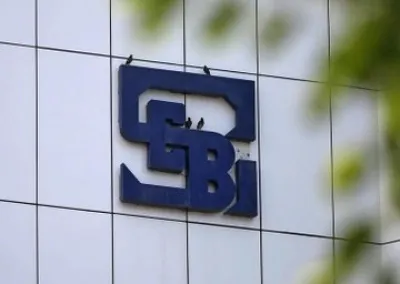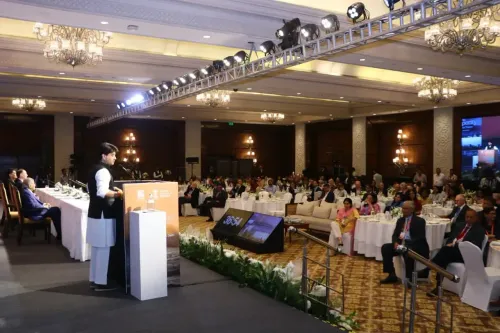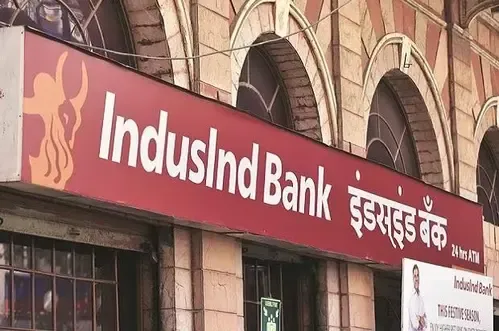Will SEBI Discuss Reforms on Startup ESOPs, PSU Delisting, and Bond Investment Norms?

Synopsis
Key Takeaways
- SEBI is set to discuss critical reforms for startup ESOPs.
- A voluntary delisting framework for PSUs may be introduced.
- Proposed changes could clarify regulations on ESOPs for founders.
- Compliance rules for foreign investors may be simplified.
- Disclosure norms for QIPs might be streamlined.
Mumbai, June 18 (NationPress) The Securities and Exchange Board of India (SEBI) is convening its board meeting on Wednesday, and several significant decisions concerning startups, public sector companies, and foreign investors are anticipated to be discussed.
A pivotal topic on the agenda is whether startup founders can retain employee stock options (ESOPs) after their company goes public.
At present, once a startup founder is designated as a promoter during the IPO process, they lose the right to receive ESOPs.
However, SEBI is questioning the clarity of existing regulations regarding the ability of founders who received ESOPs prior to their promoter status to continue exercising their stock options—both vested and unvested—post-IPO.
This is particularly crucial for many emerging tech startups, where founders often opt for ESOPs instead of salaries during their initial phases.
As these companies attract investments, the founders’ equity gets diluted. To resolve this ambiguity, SEBI had released a consultation document on March 20, 2025, seeking public feedback on the matter.
Additionally, SEBI is contemplating a one-year ‘cooling-off’ period between the grant of ESOPs and the submission of IPO documents.
SEBI believes that issuing ESOPs just prior to an IPO could lead to potential misuse. Another major topic for discussion is the voluntary delisting of public sector undertakings (PSUs).
SEBI may consider a new framework that permits PSUs to exit the stock market if the government owns more than 90 percent of the company's shares.
Numerous PSUs exhibit low public shareholding, poor financial health, or outdated business strategies, rendering their continued listing less valuable. A discussion paper on this topic was circulated in May this year.
The board is also expected to deliberate on simplifying compliance regulations for foreign portfolio investors (FPIs) who exclusively invest in Indian Government Bonds (IGBs).
This initiative could streamline the process for long-term foreign investors to access the Indian debt market through avenues like the Voluntary Retention Route (VRR) and the Fully Accessible Route (FAR).
Lastly, SEBI may evaluate a proposal to make disclosure norms for qualified institutional placements (QIPs) more straightforward.
The proposed changes could mandate companies to share only pertinent information related to the issue, as opposed to adhering to the broader and more comprehensive disclosure requirements currently enforced under the Issue of Capital and Disclosure Requirements (ICDR) regulations.









